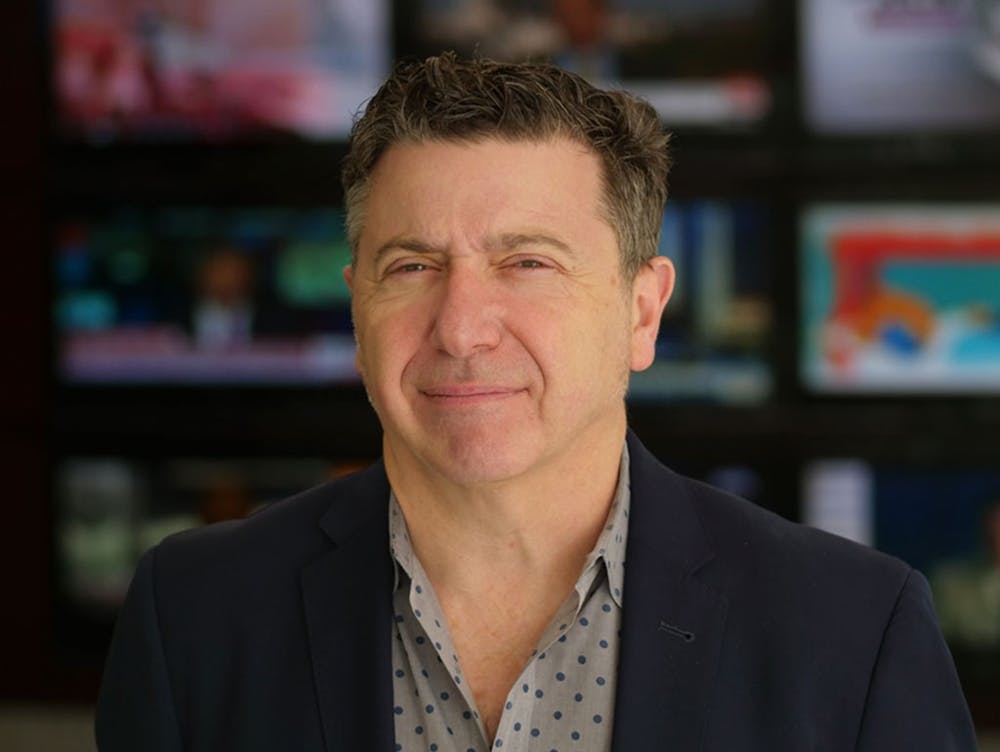During the coronavirus pandemic, journalists worldwide are playing crucial roles in conveying information to the public about the virus. But despite the importance of the media in educating the public, many reporters face online intimidation and threats of censorship in their everyday jobs.
George Washington University professor Silvio Waisbord spoke about mob censorship and the online intimidation of journalists on Wednesday in a virtual event hosted by the Annenberg School for Communication.
Waisbord argued that the online "trolling” of journalists is a new form of censorship, which he defined as the intention to suppress speech, including a desire to silence news organizations and journalists.
Waisbord is a visiting scholar at the Center for Media at Risk at the Annenberg School and a professor in the School of Media and Public Affairs at George Washington University. His areas of expertise include global media, press and politics, health communication, development, and social change.
He said that censorship affects journalistic decisions and can influence journalists to self-censor. Waisbord said that journalists may choose not to pursue certain stories because they want to avoid online harassment, and if they do decide to pursue a story, sources may be hard to find if the journalist or the organization they write for are consistently targets of digital hate.
The best way to deal with digital hate is for journalists to develop a thick skin and to be a “strategic avoider," Waisbord said.
“To be a reporter in the current world, especially as a female, or a black or brown person, you have to have a thick skin,” Waisbord said.
A 2019 survey by the Committee to Protect Journalists found that online harassment is the biggest safety concern for female reporters.
RELATED:
Penn Museum faculty, students create Wikipedia pages about women to boost representation
Over 1,300 students tune in to first Wharton coronavirus lecture
Online attacks against journalists are a global phenomenon, Waisbord said. He said although his findings about trolling were based on 30 interviews he conducted with journalists and editors in the United States, these trends are also notable in other countries.
The increasingly common online attacks against reporters are “symptomatic of rising digital hate” in general, Waisbord said. This trend, he argued, is a result of growing forms of mob censorship linking to the increased “demonization of the press” by populist leaders.
Reporters Without Borders found in 2018 that online attacks are escalating against journalists, and declared the United States a "problematic" country for reporters in 2019. 1968 Wharton graduate and President Donald Trump has been known for regular attacks on the media throughout his presidential campaign and his tenure in office, including notable attacks during recent press briefings on the coronavirus.
The Center for Media at Risk at the Annenberg School was created in April 2018 by Annenberg professor Barbie Zelizer in response to increased intimidation of the media.
Waisbord's talk was held virtually on the BlueJeans video-conferencing app, and was one of a number of events that the Annenberg School is hosting online in light of Penn asking students to move off campus in light of the coronavirus outbreak.
Waisbord concluded by calling for action against journalistic censorship, declaring that “collective problems demand collective actions.”









